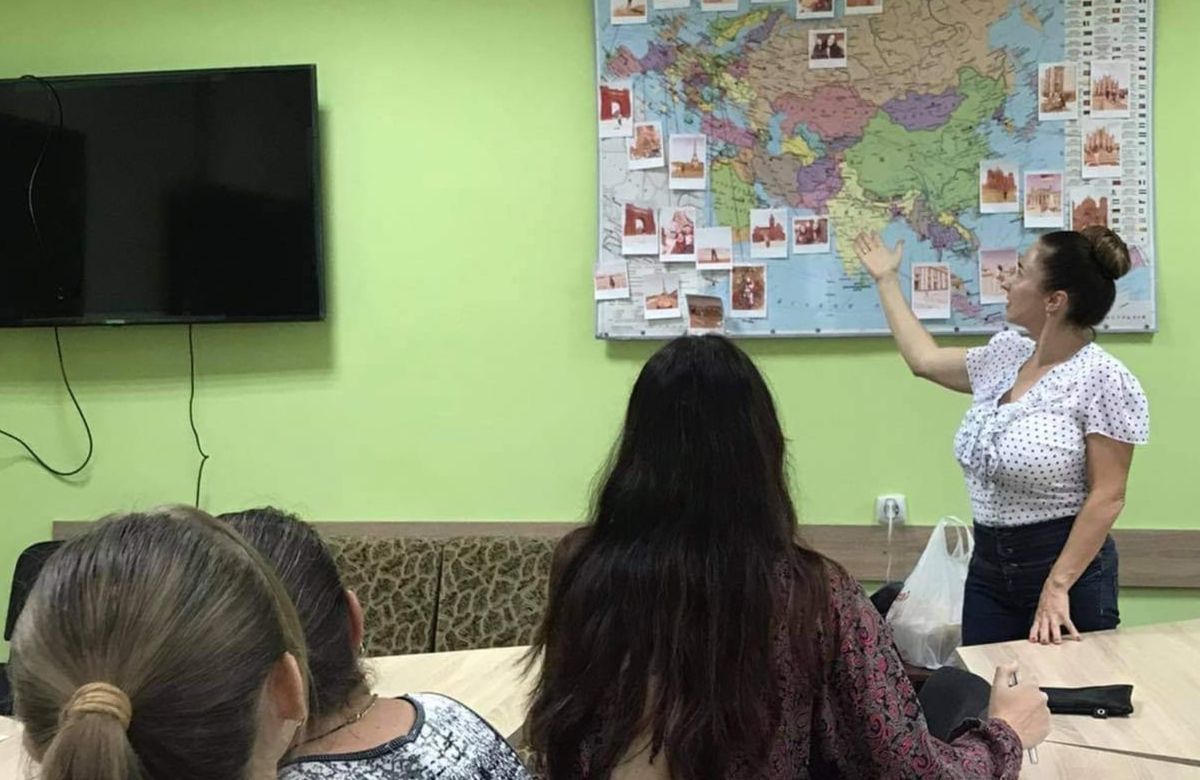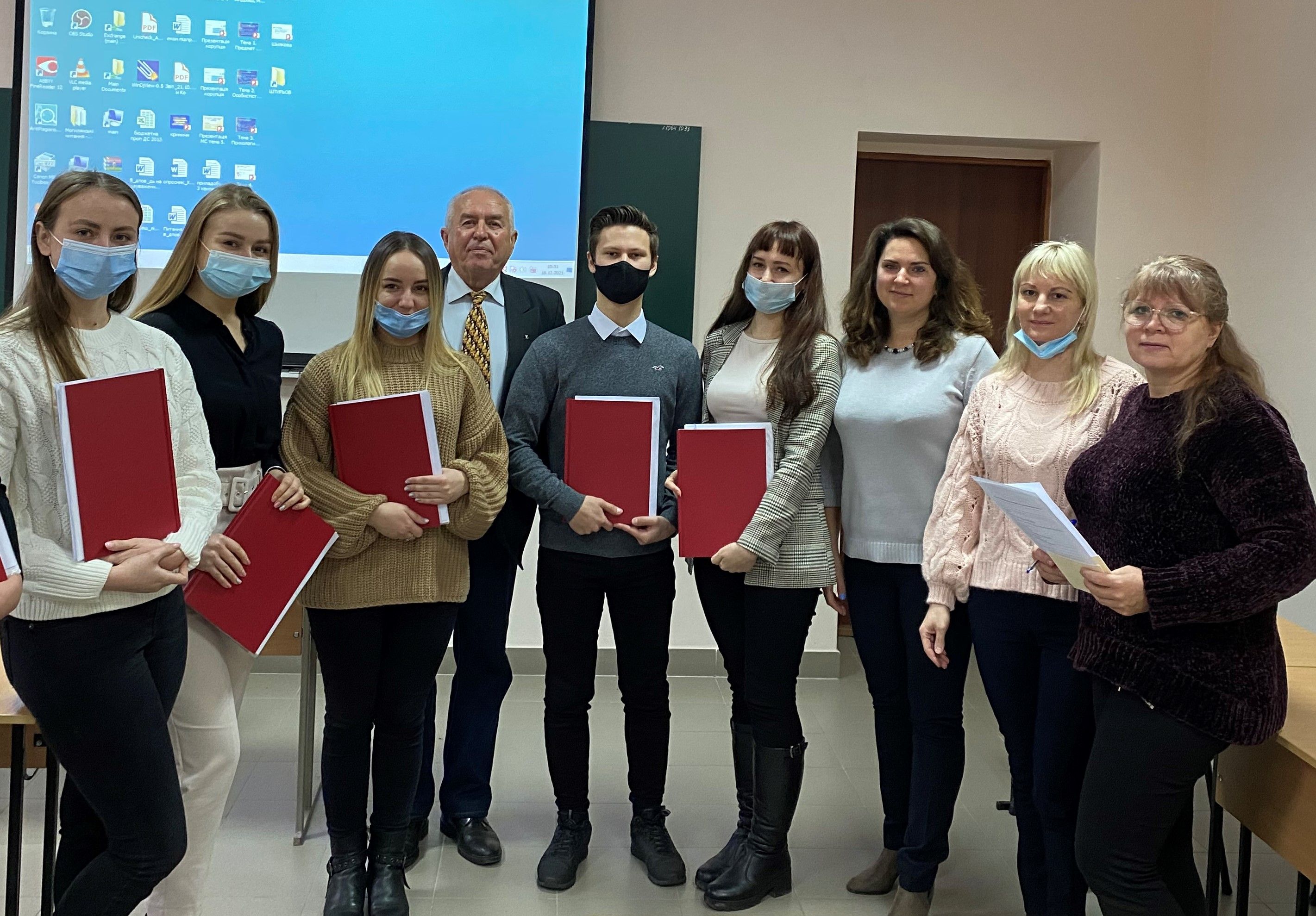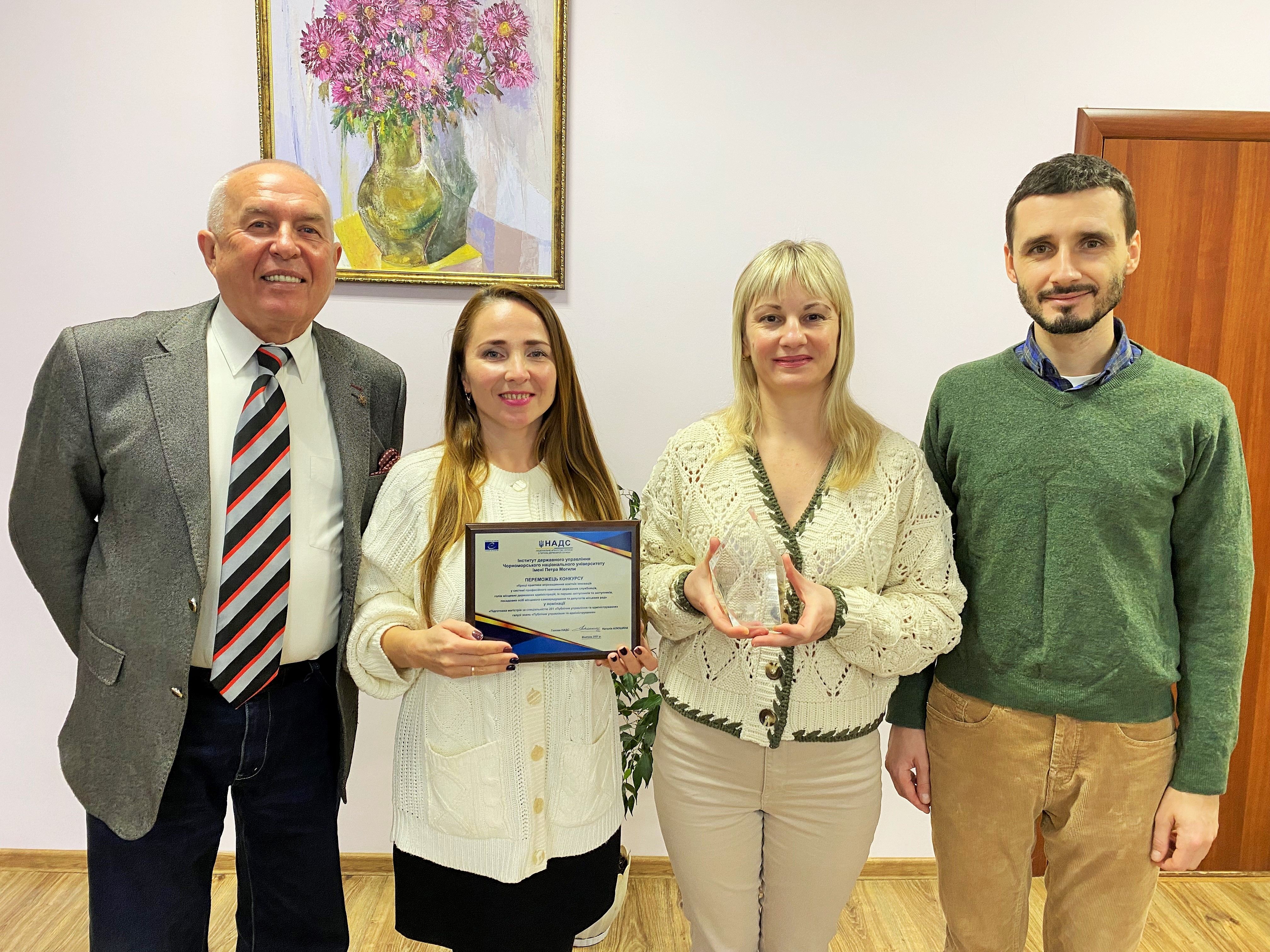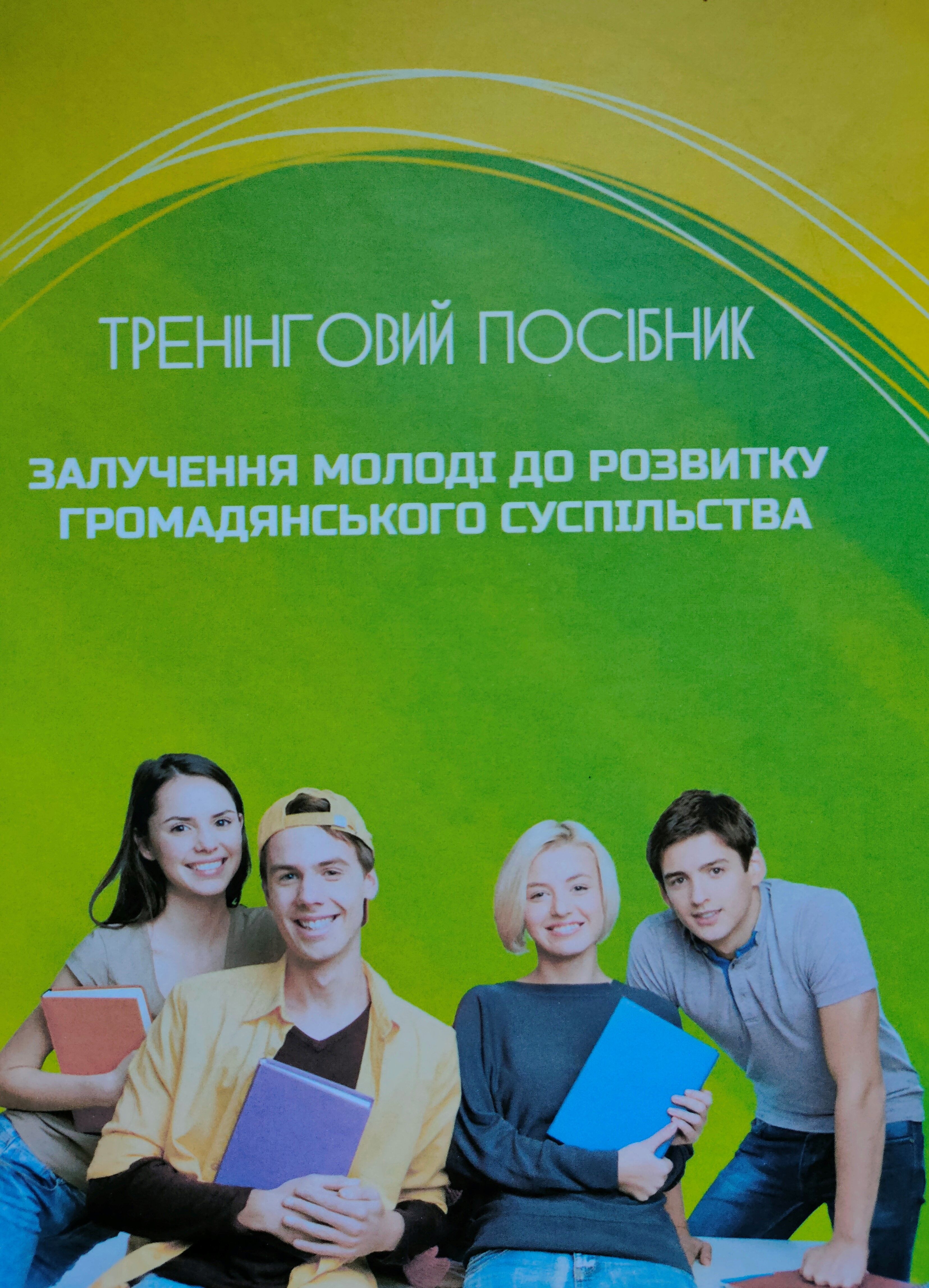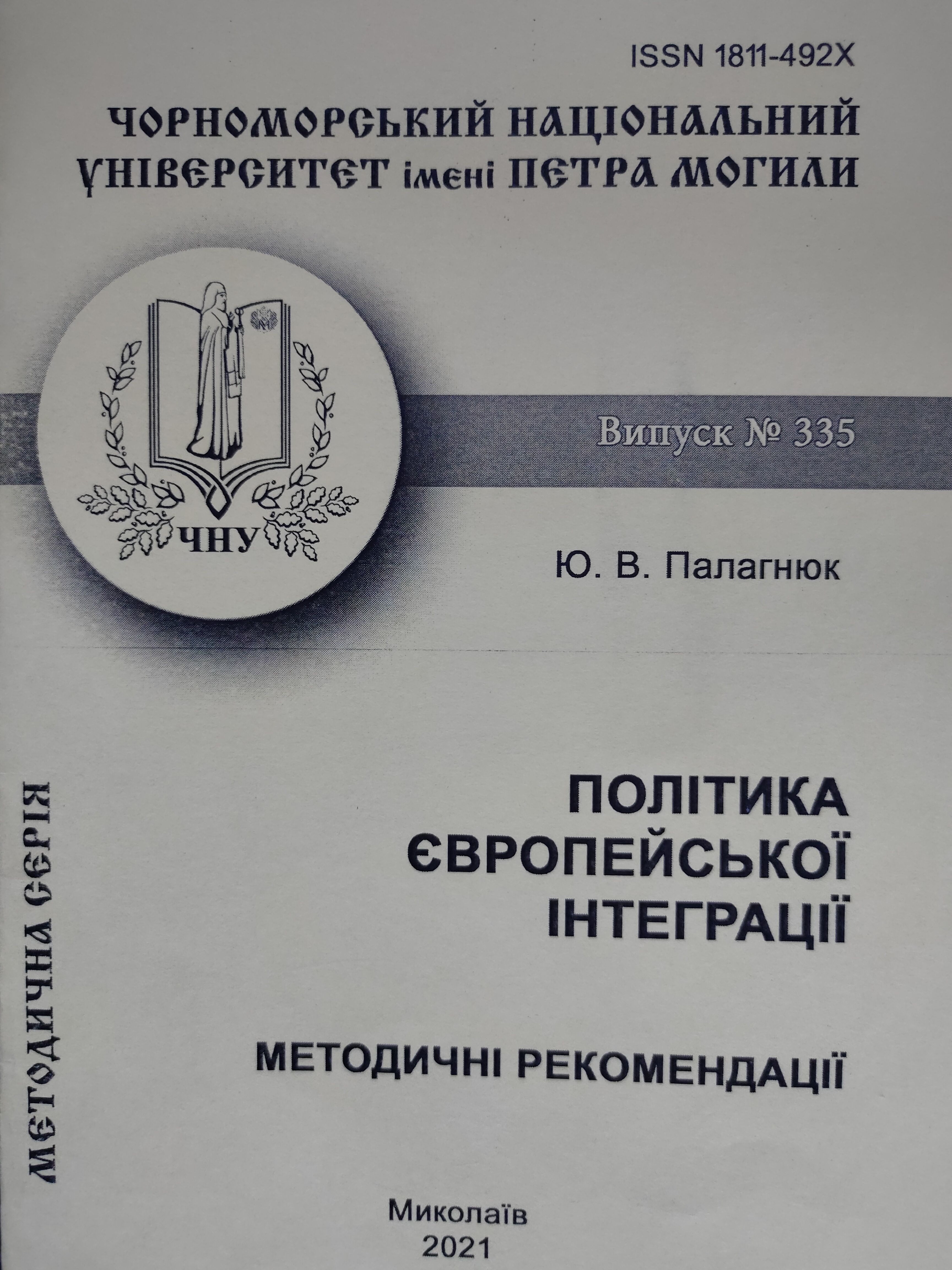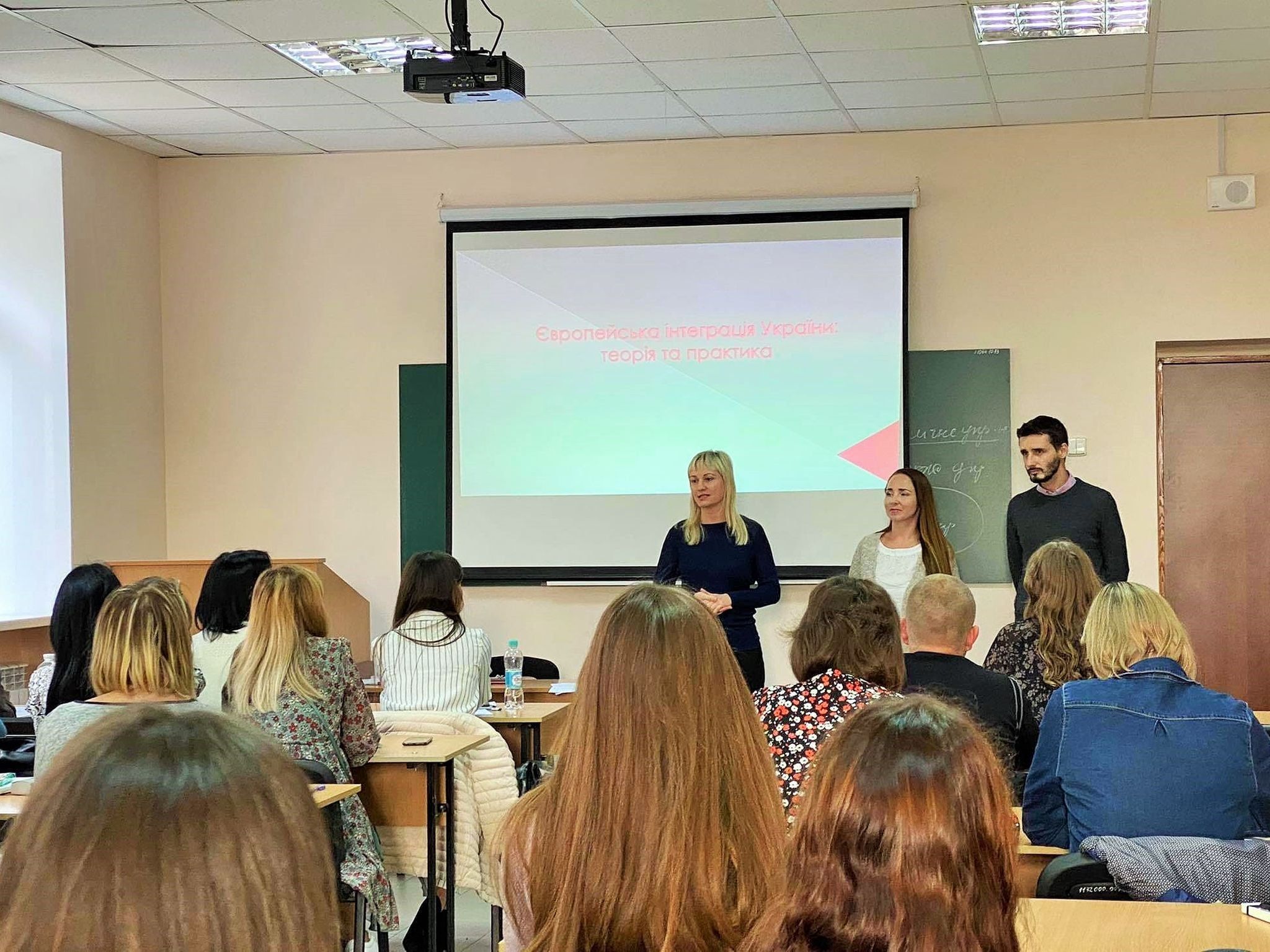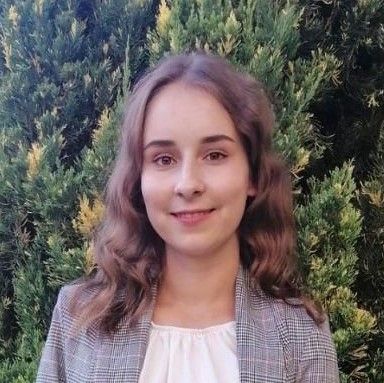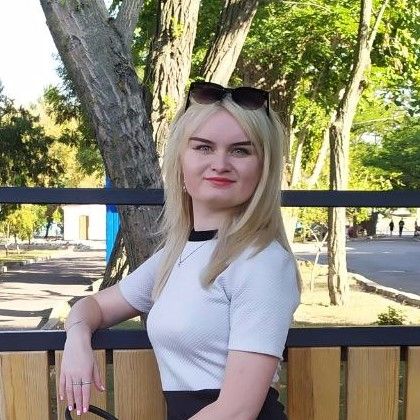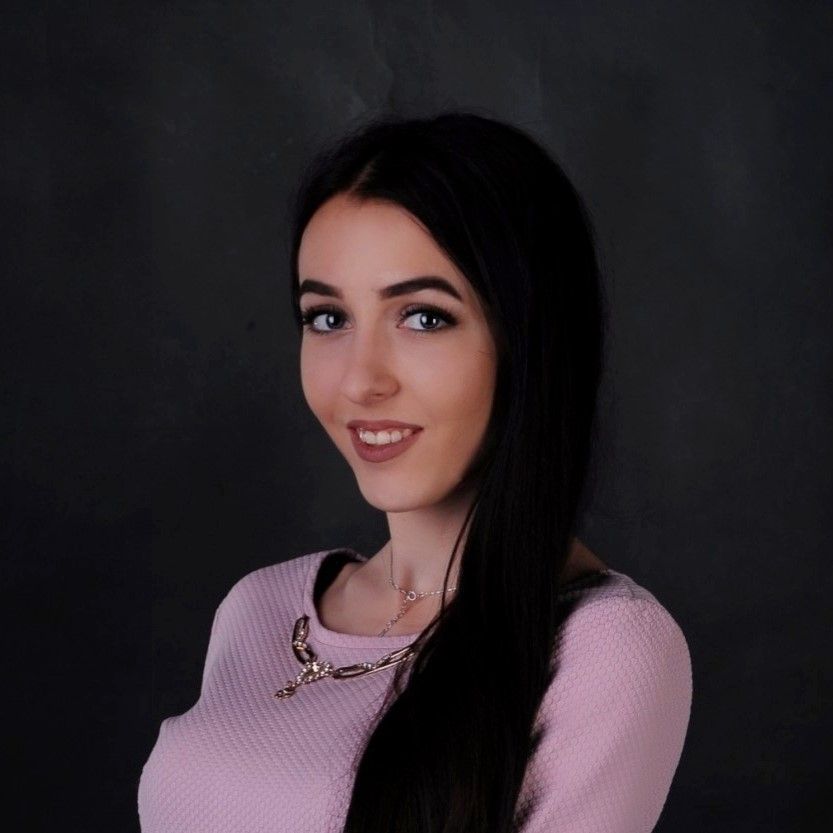Project Events
Training for Civil Servants and Social Workers “Modern Challenges in the Management and Policy-Making of the European Union”
February 4, 2021
The Conference “Lisbon Treaty – 10 years after its entry into force. What has changed in the functioning of the EU? ”
December 2, 2019
Download collection of abstracts the conference
Download programm conference
Evaluate the conference by link
Expect information
We invite everyone who is interested in European studies to read and study the materials of the multimedia textbook!
See our
latest news

Comprises three modules
Module “EU Governance and Politics of European Integration”

Institutional and Legal System of the European Union
- The Evolution of the Institutional System of the European Union
- Bodies and Institutes of the European Union: their Composition, Plenary Powers and Order of Functioning
- Council of the European Union in the Structure of the EU Bodies
- European Commission: the Composition, Functions and Plenary Powers
- The Features of Functioning of the European Parliament
- Court of Justice and European Court of Auditors in the Institutional System of the EU
- Inter-institutional EU Bodies that Play Specialized Roles
- Legal System of the European Union
- The Procedure for the Adoption of Legislative Acts in the European Union
- National Legal Systems of the EU Member States
Politics of European Integration
- Main Stages of European Integration
- Four Enlargements of the EU in the 20th century
- Challenges of the European Enlargement in the 21st century
- Ukraine and the Politics of European Integration
- The Association Agreement between Ukraine and the EU
- The External Policy of the EU and Integration
- The External Policy of the EU and Prospects of Further Enlargement
- Contemporary Challenges of European Integration
EU governance and decision-making
- The EU institutions
- The EU Decision-Making process
- The distribution of power between the European Union and the Member States
Amount of student in 2019-2020 a.y.


